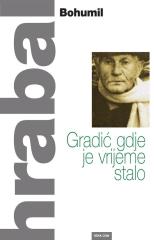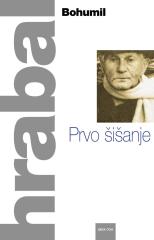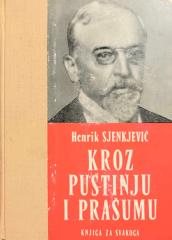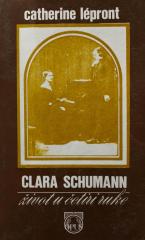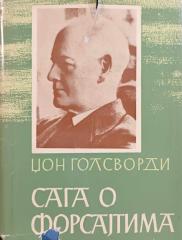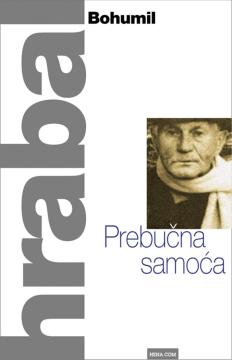
Prebučna samoća
Loud Loneliness (1976), a novel by Bohumil Hrabal, is an introspective monologue by Hant'a, an old worker at a paper collection center in Prague, who has been pressing waste paper and books into packages with a hydraulic press for 35 years, calling it his
Old Hant'a, the narrator and main character, has been working at a printing press in a waste paper collection center for 35 years. Thanks to his profession, he has been educated against his will because he saves valuable books from piles of waste paper that are destined for liquidation. In his apartment, he has piled up books containing the profound thoughts of philosophers and poets, passionately devoting himself to reading them. He believes that they will help him learn something fundamental about himself.
Working at the printing press, he recalls his youth, his tragicomic love for a Manchin girl, his idyllic coexistence with a youthful gypsy woman during the war, and the death of his mother and uncle. The ideas of his favorite philosophers (Schopenhauer, Hegel, Nietzsche, Rotterdamsky) come to him, he meditates on them and confronts them with his own experiences. In an ecstatic apparition in his basement, Lao-tse and Jesus Christ visit him, and during his night shift he talks with the "young" Kant.
In the basement factories he meets highly educated people, in the city canals he follows the war of rat clans and describes the atmosphere of Prague in the 70s. One day he sees a huge modern printing press and is horrified to discover that it swallows and processes books without a single page having soiled human eyes, brains and hearts. Soon he is replaced in the basement of the collection room by two young men who admit to a completely different way of working, albeit efficient, but completely mechanical and impersonal. He is transferred to a job with clean paper where he can no longer discover wise books. He cannot come to terms with his "exile from paradise". In a bizarre dream, a gigantic printing press gradually presses the whole of Prague...
The lyrical-meditative text Too Noisy Solitude continues the Sisyphean motif of A. Schopenhauer's philosophy, especially its actualization in A. Camus's The Myth of Sisyphus. However, it finds its origins in the tradition of Taoist thought, which offers the lonely human individual a path to self-realization, while also providing support against a busy and alienated world.
One copy is available
